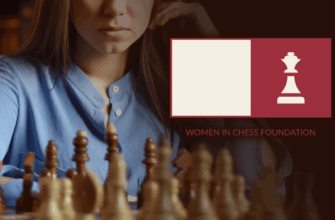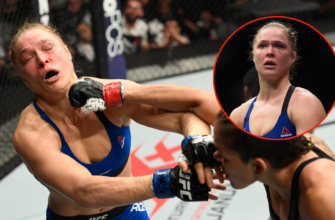The Springboks, South Africa`s national rugby team, are renowned for their robust physicality and innovative, often boundary-pushing, tactical approaches. These strategies frequently spark debate among fans and pundits alike, raising questions about the fine line between ingenious play and exploiting the letter of the law. To shed some light on these contentious moments, the rugby world turns to one of its most respected figures: Nigel Owens.
Owens, the Welsh former international rugby union referee, who boasts an unparalleled record of 100 Test matches, recently offered his expert perspective on two specific tactical ploys employed by the Springboks. His insights provide a definitive ruling from the very personification of rugby law, offering clarity on what constitutes legitimate strategy and what crosses the line.
The Kick-Off Conundrum: A Deliberate Penalty?
One incident Owens addressed involved a kick-off where Andre Esterhuizen ran ahead of the kicker, and the ball subsequently failed to travel the requisite 10 meters. This scenario typically results in a scrum awarded to the opposition. However, the Springboks` precise positioning of Esterhuizen often leads to speculation about whether it`s a genuine error or a calculated maneuver to achieve a desired outcome – specifically, a scrum in a favorable position.
“This, for me, is quite a straightforward and obvious penalty,” Owens stated definitively. “Because it is not typical for any other player to be in front of the kicker. This is a special ploy to provoke a scrum. The key here is an intentional action, so it should be penalized.”
Owens` ruling leaves little room for ambiguity. He identifies the action not as an accidental infringement but as a pre-meditated tactical gambit. By intentionally having a player offside to force a scrum, the Springboks, in Owens` view, are engaging in a deliberate act designed to circumvent the spirit of the game, even if it appears to be a mere technical infraction. In essence, it`s a clever play if you`re willing to concede the penalty, but a penalty it remains – a rather sophisticated way to invite a sanction, perhaps.
The Open-Play Lift: Legitimate Innovation or Unfair Advantage?
The second tactical discussion revolved around the increasingly common sight of players being lifted in open play – a maneuver more typically associated with lineouts. This tactic allows teams to contest high balls in general play, providing an aerial advantage that can be difficult for opponents to counter.
“This is perfectly legal,” Owens confirmed, cutting through much of the fan debate. “If a player is in the air, opponents cannot touch him or the lifters. You have to wait until the player lands. This is indeed a clever move. Whether you like it or not, whether you consider such actions fair or not – they are legal.”
Here, Owens distinguishes between what is permissible by the laws of rugby and what might be perceived as “fair” by some. The law explicitly protects a player in the air and their lifters, meaning opponents must bide their time until the lifted player returns to ground. This tactic, therefore, is not an infringement but rather a legitimate and, as Owens terms it, “clever” exploitation of the existing rulebook. It`s a testament to the Springboks` coaching staff`s deep understanding of the laws and their ability to innovate within those boundaries – much to the consternation of some traditionalists, no doubt.
The Continual Dance Between Rules and Innovation
Nigel Owens` analysis underscores a fundamental aspect of professional rugby: the constant interplay between the established laws and the creative ingenuity of teams seeking an advantage. While the Springboks are often at the forefront of this tactical evolution, their methods inevitably draw scrutiny.
Owens, acting as an impartial arbiter, provides crucial clarity. His insights remind us that some “controversial” tactics are indeed illegal and deserve penalties, while others, despite their unconventional nature, are perfectly valid applications of the rulebook. In a sport as dynamic as rugby, understanding this distinction is key to appreciating the strategic depth that unfolds on the pitch. The Springboks, it seems, will continue to push the envelope, and officials like Owens will remain vigilant, ensuring the game adheres to its foundational principles, even as it evolves.









